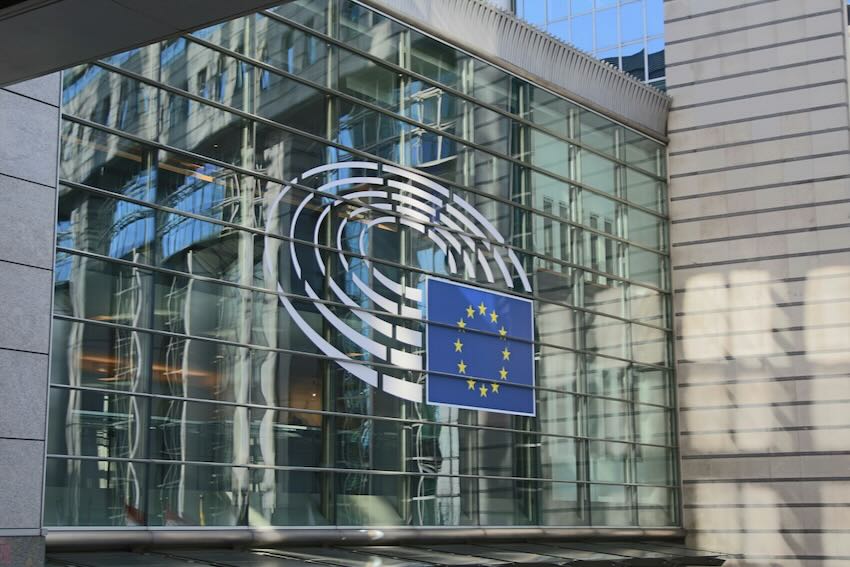
EUROPE: Hotels will have to be wary of how they communicate their sustainable credentials and “verify all green claims” after a new EU Directive came into force last week.
The new Directive 2024/825, which is part of the European Green Deal, but is different from the Green Claims Directive, aims to help consumers recognise companies, which are greenwashing or making misleading environmental claims.
The Directive was published in the Official Journal on March 6th and entered into force at the end of the month. Measures in the Directive will be binding from September 27, 2026.
But what does this mean for hotels? It could put an end to not only greenwashing but also stop those hotels which are greenhushing too. If hotels have a clear notion of what can and can’t be claimed – and if everyone backs their claims up with science and plans for sustainable practices taking them forward, it will help with industry alignment.
The Directive will mean hotels have to be careful about how they present their sustainable and environmental initiatives and credentials to guests.
They will have to offer accessible information to consumers about their environmental impact, as well as details of sustainable practices – this means all impact reports and ESG reports must be easily available and detailed rather than a page of vague claims on a website.
Sweeping claims about being eco-friendly, for example, will have to be backed up with third party verification and practices showing how the hotel is eco-friendly and what it is doing to ensure this is a sustainable process.
Environment committee rapporteur Cyrus Engerer told Sustainable Hotel News: “There are many hotels, big and small, that are contributing to a greener future. Their achievements cannot be tainted by others who make false environmental claims distorting the market and deceiving consumers.
“All claims must be verified. Our new law will empower those who are making environmental efforts, protect consumers and encourage others to work in a sustainable and restorative manner.”
The Directive includes the following actions as additional “commercial practices which are in all circumstances considered unfair”:
- the use of general environmental claims such as “environmentally friendly”, “green”, “natural,” “biodegradable,” “climate neutral,” or “eco” without substantiating evidence;
- environmental claims about an entire product or an entire company when it actually only relates to a specific aspect of a product or a specific activity of the company;
- claiming, based on the offsetting of greenhouse gas emissions, that a product has a neutral, reduced or positive impact on the environment in terms of greenhouse gas emissions
- displaying labels that are not based on a certification scheme or not established by public authorities.
The new Directive is separate from the Green Claims Directive (GCD) which will provide a more in-depth set of restrictions with regard to environmental claims and labelling.
For example before a company can say it has biodegradable products or is less polluting or has water saving systems in place it will have to submit evidence to and get pre-approval from verifiers assigned by EU countries.
Green claims, which are based solely on carbon offsetting schemes, are banned but companies can talk about offsetting and carbon removal schemes in their advertising if they have already reduced their emissions and have plans to continue reducing those emissions and the offsetting and removal is being used for any residual emissions. Carbon credits must be certified under schemes such as the Carbon Removal Certification Framework.
These measures and Directives, along with the CSRD coming into force in January this year, means there won’t be much wriggle room for inflated and misleading green claims.
Environment committee rapporteur Cyrus Engerer said when the Directive was published: “It is time to put an end to greenwashing. Our position ends the proliferation of misleading green claims that have deceived consumers for far too long. We will ensure businesses have the right tools to embrace genuine sustainability practices.
“European consumers want to make sustainable choices; all those offering products or services must guarantee their green claims are scientifically verified.”
To keep up-to-date and inline with the new Directives hotels should look at reviewing their ESG communication and communication strategy, assessing the impact on operations and communications, looking for existing gaps and putting into plan a clear action to prepare for any changes.
Photo by Guillaume Périgois on Unsplash

